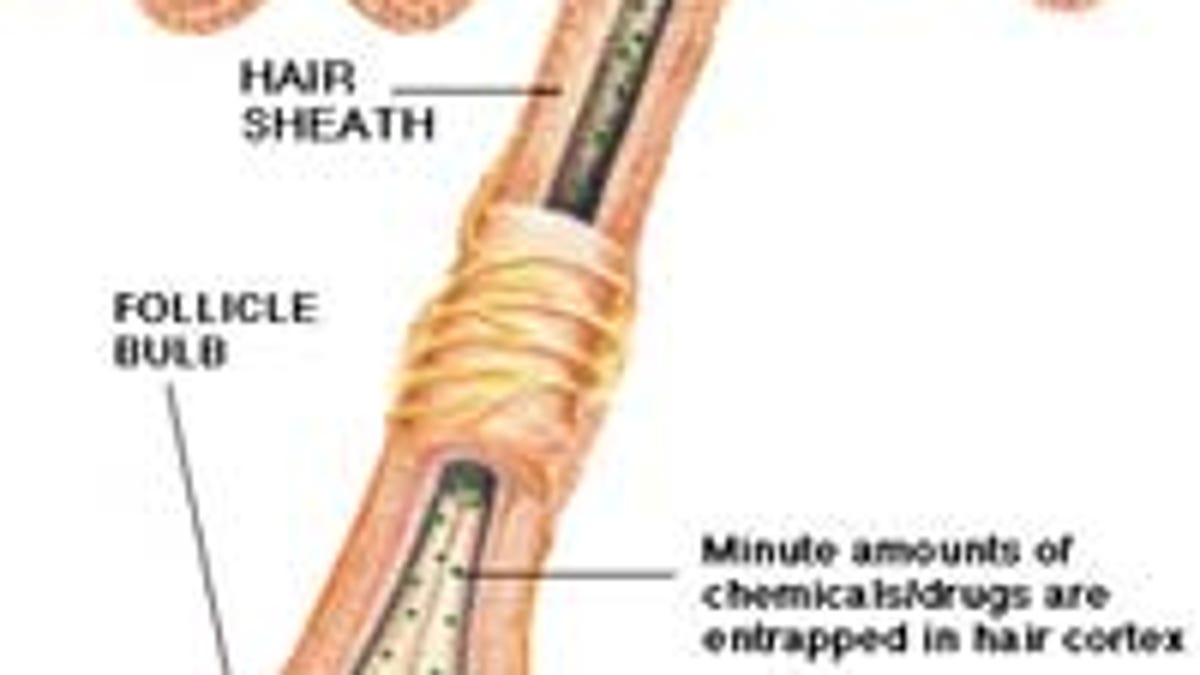Hair test reveals travel, lifestyle
A single strand of hair can show where and whether suspects have traveled. This could enable government agencies to track the travels of international criminals and terror suspects.

The analysis of a single hair can reveal where a person is from and where they've been, which could allow government agencies to track the travels of international criminals and terror suspects, according to researchers.
Researchers measuring the longitudinal sulfur isotopic variations in a strand of human hair can detect slight changes in people's diets to show where and whether they've traveled, while shedding light on their lifestyle, according to a study published this month in the journal Analytical and Bioanalytical Chemistry.
The new method combines a laser ablation system and multicollector inductively-coupled plasma mass spectrometry (LA-MC-ICP-MS), according to the study's lead author Rebeca Santamaria -Fernandez. (Sampling hair for drugs, a common process, uses a gas chromatography-mass spectrometry.)
When the laser makes contact with the hair, it generates an aerosol, which when ionized within plasma, enables the spectrometer to provide the exact proportions of the sulfur isotopes. The sulfur variations can then be linked to hair donor's geographical movements. And since hair grows an average of half an inch per month, the data obtained from a mere 2-inch piece can give up an extensive travelogue on its owner's previous whereabouts.
For their research, scientist from the Chemical Metrology Laboratory in the United Kingdom and the University of Oviedo, Spain, collected hair samples from three volunteers; two were permanent residents of the United Kingdom, while the third had spent the past six months traveling in Croatia, Austria and Australia. The "experiment revealed that the traveler's hair indeed showed significant variations in the sulfur isotopes, while changes in the hairs of the two people living in the United Kingdom were minimal, and similar in both samples," according to the study.
British security forces have already expressed interest in the project. The next step is to demonstrate the global significance of the variations, according to the research team, which is already working with hair samples from 150 volunteers.